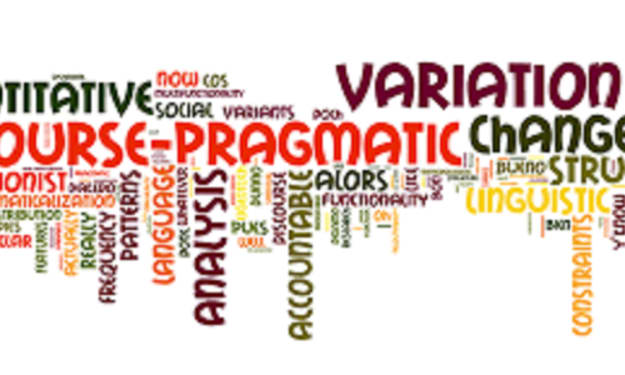
Data Collection
The process of collecting and evaluating specific data is known as data collection. It is used to evaluate the outcomes and to propose (suggest) answers to pertinent queries. It focuses on learning more about a specific topic, and additional information is gathered to test hypotheses that attempt to explain a phenomenon.
Data Collection Tools
The devices and instruments used to collect data are referred to as data collection tools. Consequently, several tools utilized for data collecting include;
1. Interviews
2. Questionnaires
3. Schedules
4. Observation Techniques
5. Rating Scales
However, the first two tools (interviews and questionnaires) will be our main focus, and a detailed description of these instruments will be provided.
INTERVIEWS
The French word ‘entre voir’, which means "to see each other," is the source of the English word "interview."
Face-to-face interaction between two people with the sole objective of gathering pertinent data for the study is referred to as an interview. Additionally, interviews are frequently used in qualitative research since they are a two-way method that allows for the exchange of ideas and experience and particularly aids in overcoming the majority of weaknesses.
Advantages of Interview
Ø Direct investigation.
Ø Extensive analysis
Ø Knowledge of the past and future
Ø Awareness of distinctive qualities.
Ø It is feasible to encourage one another.
Ø Awareness of underlying emotional and historical factors.
Ø Analyzing existing data.
Disadvantages of Interview
May present false information.
Errors caused by the interviewee (low level of intelligence or maybe emotionally unbalanced)
Results could be impacted by the interviewer's biases.
Results could be impacted by the respondent and interviewer's contrasting worldviews.
Incomplete and biased research.
Characteristics of an Interview
Ø The interviewer can delve into incidental circumstances and identify the problem's root cause.
Ø Dealing with small children and illiterate people is appropriate.
Ø Cross-examination may be made possible by it.
Ø It aids the investigator in developing a perception of the subject.
Ø It can cover delicate, private, and even personal subjects.
Ø It is adaptable.
Ø Cross-examination allows for a more accurate assessment of the interviewee's sincerity, openness, truthfulness, and insight.
Ø There is no opportunity for the respondent to change his prior response.
Ø It can be used in survey methods, but it can also be used in clinical, historical, experimental, and case studies.
Types of Interviews
There are many different kinds of interviews, but the following are the most common.
(1) Structured Interview
It is often referred to as a researcher-administered survey or a standardized interview. This quantitative research approach is frequently used in survey research. A set of questions should be asked in a specific order and sequence during a structured interview.
Structured interviews can be conducted in a variety of ways. For instance, over the phone, in person, online, via computer applications like Skype, or via video call. It is surface level in terms of depth and is typically finished quickly. It comes highly recommended for its quickness and effectiveness.
(2) Unstructured Interview
Indirect, non-directive, and open-ended interviews are other names for it. In an unstructured interview, the interviewer typically asks open-ended questions on a broad subject without the use of a questionnaire and occasionally inquires about the candidate's personal life to assess the participants' personalities.
READ MORE...






Comments
There are no comments for this story
Be the first to respond and start the conversation.